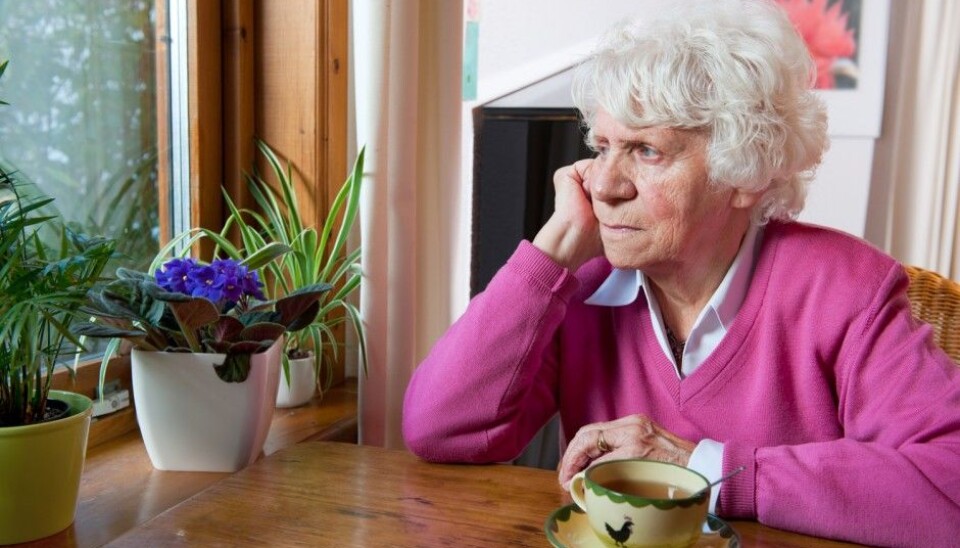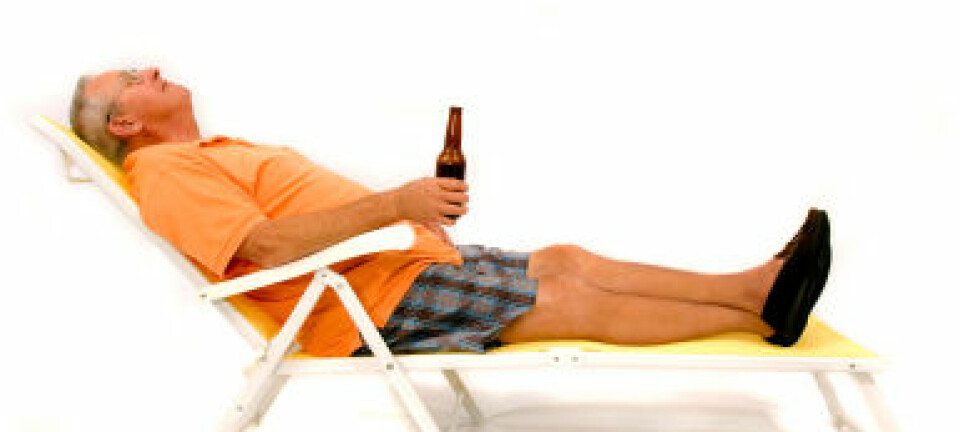
Loneliness and isolation can affect your heart
People who are lonely and isolated have more heart problems as compared to their more social peers. But the reasons behind this might be different than you think.
Research has long shown that those who are lonely or living in social isolation are at greater risk of having strokes or heart problems.
But it may be something other than the loneliness that constitutes the danger, according to a new Finnish study.
Smoking and being overweight a bigger risk
People who feel lonely or live in social isolation are more prone to stroke or cardiac arrest compared to people with strong social networks. But 85 per cent of this increased risk can be explained by factors that we already know are bad for the heart.
It may be that people who are lonely are also morbidly obese, or that they smoke, have low education and incomes, or have a chronic illness that means they are already in poor health. Being alone just adds to their problems. This is the conclusion of a new study published in the academic journal Heart.
The Finnish researchers used information from a major British health survey called Biobank, for which nearly 500,000 Brits between the ages of 40 and 69 were followed for about seven years. They answered questionnaires and also went for health checks. Ten per cent lived in social isolation, while 6 per cent were lonely. Only one per cent were defined as both lonely and socially isolated.
“Having social support from significant others or from persons who are in a similar situation is good for your health, and socially isolated or lonely individuals might not have possibilities for this kind of support,” Christian Hakulinen told the US news magazine Time. Hakulinen is a professor of psychology at the University of Helsinki and was the lead researcher on the new study.
Differences between loneliness and social isolation
There is a big difference between feeling lonely and being socially isolated, according to the researchers.
You can feel lonely even if you participate in a lot of social activities and are exhausted by lots of visitors, while it is also possible to live in social isolation without feeling lonely. Some people do best alone.
Study participants who said that they rarely or never had anyone they could trust and felt lonely were categorized by the researchers as just that — lonely. But the researchers defined social isolation as someone who lived alone, visited family and friends less than once a month and didn’t attend regular social activities during a normal week. These activities could be anything from going to football training to a regular meeting with a knitting group or a book club.
Made life after heart problems difficult
Although the Finnish researchers believe that most of the increased risk of heart problems afflicting lonely and isolated individuals is due to other factors, isolation appears to be a red flag on its own.
Those who are socially isolated are at greater risk of dying of a cardiac arrest or a stroke, according to the study, especially if they had previously had a stroke. Here, the researchers found that some of the increased risk could be due to being overweight or from chronic illness, but the social isolation itself remained an important risk factor. This increased risk may be due to the fact that people who are socially isolated do not have anyone to lean on when things go wrong.
“In theory, it might be that individuals who are feeling lonely have at least some social networks that activate after they get sick, but persons who are socially isolated don’t have these kind of social networks,” Hakulinen told Time.
He thinks this shows how important it is to maintain the social relationships we already have by getting together with friends and family face-to-face. Another way to break out of your social isolation is to join a club or find a hobby, he said.
----------------------------
Read the Norwegian version of this article at forskning.no.


































